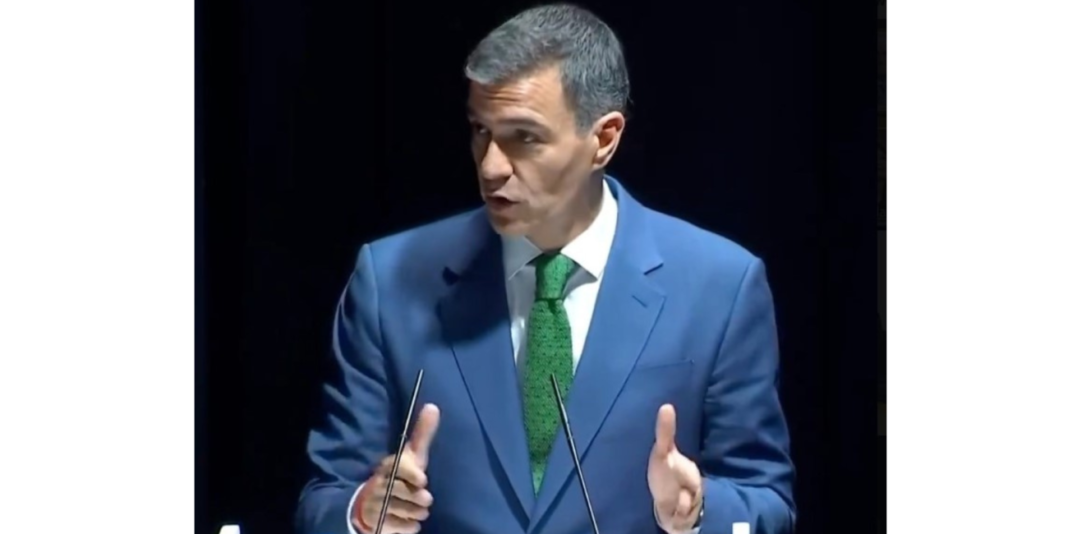In a controversial proposal, the Spanish Prime Minister has suggested implementing a ban on non-EU nationals, including Nigerians, from purchasing property in Spain. The plan, which has stirred significant debate, aims to address concerns over the rising influence of foreign investors in the real estate market, particularly in major cities like Madrid and Barcelona. The proposal is part of a broader effort to tackle housing affordability, as skyrocketing property prices have made it increasingly difficult for local residents to purchase homes.

The Prime Minister’s proposal has raised alarms among international investors, with some arguing that the move could undermine Spain’s reputation as an open and welcoming destination for foreign investment. Supporters of the ban, however, argue that it is necessary to protect the interests of Spanish citizens, particularly in light of the growing number of non-EU nationals purchasing property at high prices, which is seen as contributing to the housing crisis. The move is also being presented as a measure to curb potential money laundering and speculative investments from outside the European Union.
The proposed ban would impact several countries, including Nigeria, where citizens have been increasingly investing in property abroad as a means of securing assets in stable economies. Spain has become a popular destination for Nigerians and other non-EU nationals due to its relatively lower property prices compared to other European countries, along with its sunny climate and favorable lifestyle. If the ban is enacted, it could have significant economic implications, particularly for the Spanish real estate market, which has seen a surge in foreign investments in recent years.
Critics of the proposal argue that the ban could have negative consequences for Spain’s economy, especially within the real estate and tourism sectors, which rely heavily on foreign investments. Additionally, some warn that the move could strain diplomatic relations between Spain and non-EU countries like Nigeria, potentially affecting broader international trade and cooperation. The proposal has also sparked discussions on the broader issue of property rights and whether governments should have the authority to restrict foreign ownership in their national markets.
As the debate continues, the Spanish government is expected to consult with various stakeholders, including international organizations, real estate associations, and foreign investors, to assess the potential impact of such a ban. The outcome of the proposal will likely shape the future of Spain’s real estate market and its relationship with non-EU nationals, including Nigerians, who have increasingly turned to Spain as a property investment destination.





